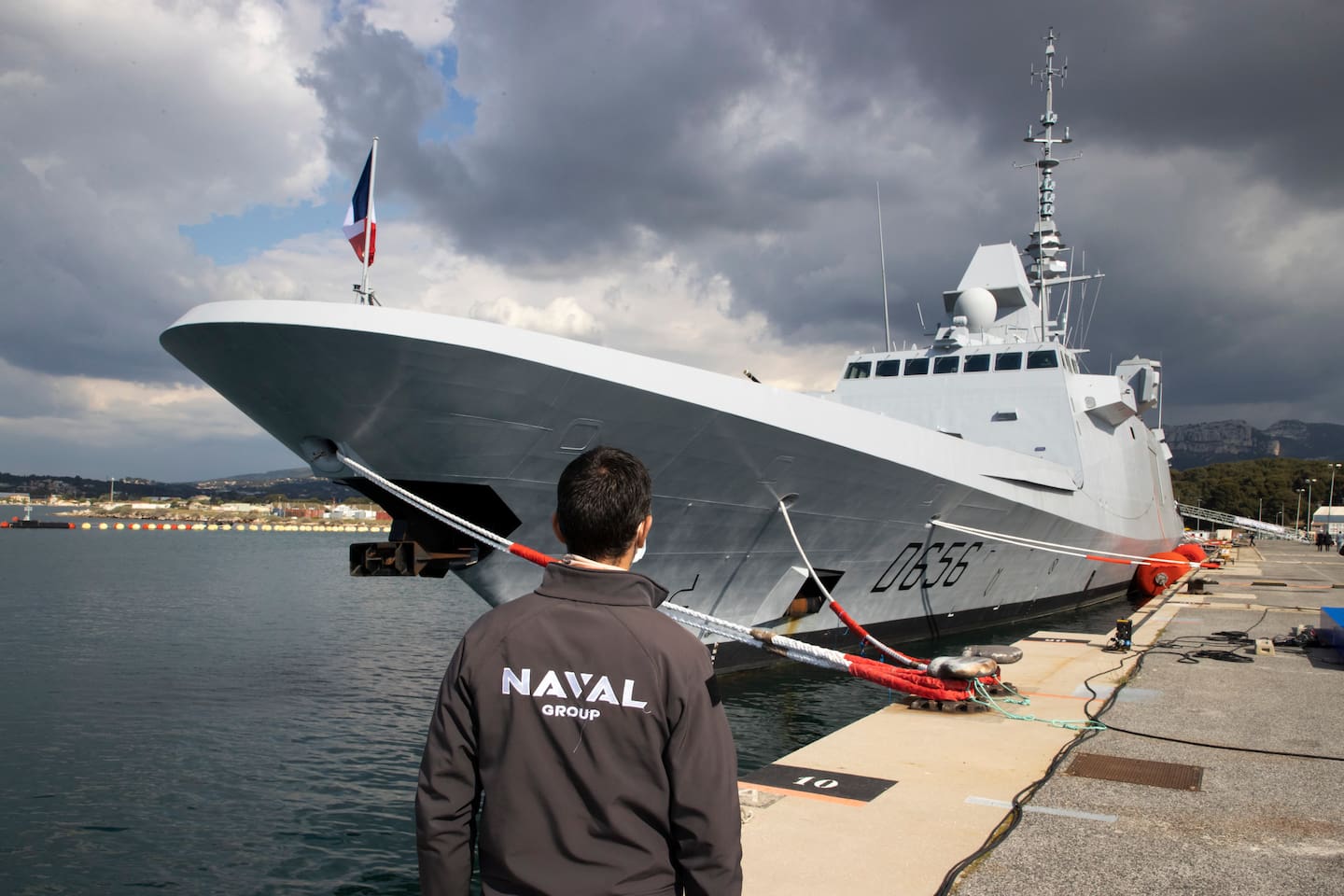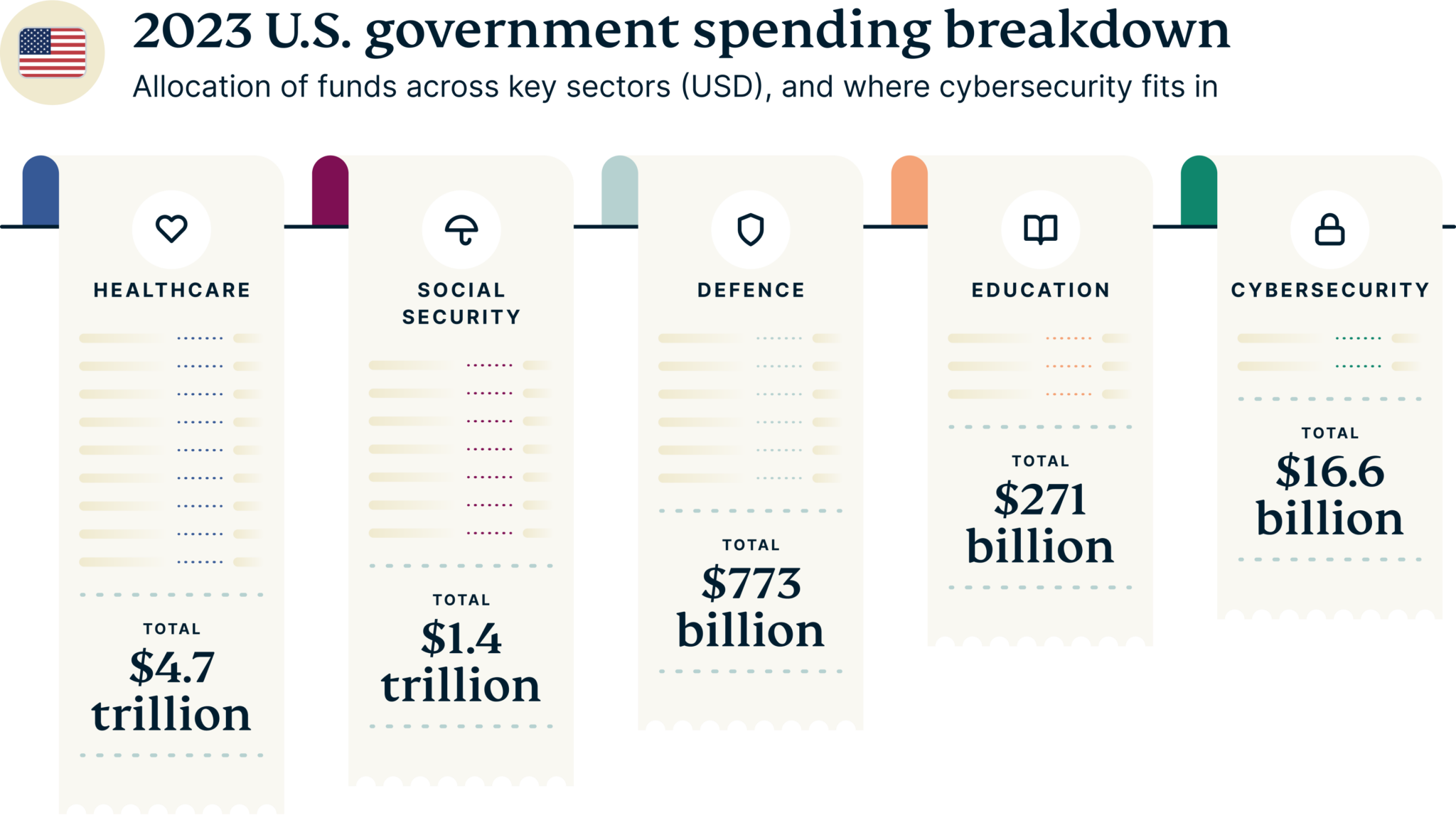Putin's Arctic Naval Buildup: Analyzing The Implications Of The Reawakened Fleet

Table of Contents
Russia's assertive military expansion in the Arctic is reshaping the geopolitical landscape of the region, raising significant concerns about territorial disputes, resource control, and environmental stability. Putin's Arctic naval buildup is not merely a military modernization; it's a strategic power play with far-reaching global implications. This article will analyze the implications of this strengthened Arctic fleet for geopolitical stability, resource exploitation, and international law, examining the challenges and opportunities presented by Russia's renewed focus on the Arctic.
Geopolitical Implications of Russia's Arctic Military Expansion:
Increased Territorial Claims and Disputes
Russia's increasingly assertive stance on Arctic territorial claims fuels potential conflict with neighboring Arctic nations. The claim to vast stretches of the Arctic seabed, encompassing significant natural resources, directly challenges the sovereignty claims of Canada, Norway, and the United States. This escalating tension is manifested in:
- Increased military patrols: Russia regularly conducts military exercises and patrols in disputed Arctic waters, demonstrating its commitment to protecting its claimed territory.
- Development of Arctic military bases: The construction and modernization of military bases and infrastructure across the Arctic region solidify Russia’s presence and projection of power.
- Specific examples of disputed territories: The Lomonosov Ridge, a vast underwater mountain range, is a prime example of a contested area rich in potential resources, fueling tensions between Russia and other Arctic states.
Challenges to NATO and US Influence
Russia’s enhanced military capabilities in the Arctic directly challenge the influence of NATO and the United States in the region. The deployment of advanced weaponry, including ice-capable warships and nuclear submarines, significantly alters the regional power balance. This is evident in:
- Increased Russian military exercises: Large-scale military exercises, showcasing advanced weaponry and operational capabilities, serve as a clear demonstration of Russia's military might in the Arctic.
- Deployment of advanced weaponry: The deployment of cutting-edge technology, including hypersonic missiles and advanced surveillance systems, enhances Russia's military dominance in the Arctic.
- Impact on NATO's Arctic strategy: NATO is forced to reassess its Arctic strategy in response to Russia's military buildup, bolstering its own presence and defenses in the region.
Economic Control and Resource Exploitation:
Securing Access to Natural Resources
The Arctic's vast reserves of oil, gas, and minerals are a primary driver of Russia's Arctic ambitions. Controlling access to these resources is vital for Russia's economic future and geopolitical leverage. This is reflected in:
- Development of Arctic infrastructure: Significant investments are being made in ports, pipelines, and other infrastructure crucial for resource extraction and transportation.
- Exploitation of natural gas reserves: Russia is actively developing its significant natural gas reserves in the Arctic, aiming to become a leading supplier of liquefied natural gas (LNG).
- Economic benefits for Russia: The economic benefits of controlling Arctic resources are substantial, potentially securing Russia's long-term economic prosperity and energy independence.
Dominating the Northern Sea Route
The Northern Sea Route (NSR), a significantly shorter shipping route connecting Europe and Asia, is of paramount strategic and economic importance. Russia aims to control and commercialize this crucial trade route:
- Impact on global shipping routes: The NSR offers a potentially faster and more cost-effective route for global shipping, impacting existing trade routes and global commerce.
- Potential for increased trade: Russia is actively promoting the NSR, aiming to increase trade volumes and establish itself as a key player in global maritime commerce.
- Implications for other nations' access: Russia's control over the NSR has significant implications for other nations' access to this vital trade route, potentially leading to increased tensions and diplomatic challenges.
Environmental Concerns and International Law:
Environmental Impact of Arctic Development
Increased military activity and resource extraction in the Arctic present substantial environmental risks. The fragile Arctic ecosystem is particularly vulnerable to pollution and damage:
- Potential for oil spills: Increased shipping traffic and offshore drilling operations in the Arctic significantly increase the risk of devastating oil spills.
- Damage to fragile ecosystems: Military activities and resource extraction can cause irreversible damage to the delicate Arctic ecosystems, impacting biodiversity and wildlife populations.
- Impact on indigenous communities: The environmental impact of Arctic development disproportionately affects indigenous communities, threatening their livelihoods and traditional ways of life.
Compliance with International Law
Russia's actions in the Arctic must be evaluated against international law, specifically the UN Convention on the Law of the Sea (UNCLOS) and agreements within the Arctic Council:
- UNCLOS: Russia's claims must comply with the provisions of UNCLOS regarding territorial limits and resource exploitation in the Arctic.
- Arctic Council agreements: Russia's adherence to the principles of environmental protection and sustainable development, as outlined in Arctic Council agreements, is crucial.
- Potential legal challenges to Russia's actions: The legality of Russia's claims and actions in the Arctic is subject to ongoing debate and potential legal challenges from other nations.
Conclusion:
Putin's Arctic naval buildup has profound geopolitical, economic, and environmental implications. The increased military presence challenges existing power dynamics, threatens Arctic sovereignty, and raises significant environmental concerns. Russia's ambitions to control the Northern Sea Route and exploit the region's vast resources are transforming the Arctic into a strategic focal point. Understanding Putin's Arctic Naval Buildup is crucial for comprehending the evolving geopolitical landscape and the potential for future conflict. Stay informed about the evolving geopolitical landscape in the Arctic and the implications of Putin's naval buildup to better understand the future of this vital region.

Featured Posts
-
 Increased Cybersecurity Spending 63 5 Of Manufacturers Report Top Priority
May 13, 2025
Increased Cybersecurity Spending 63 5 Of Manufacturers Report Top Priority
May 13, 2025 -
 The Changing Landscape Of Apple Exports South Africa Vs New Zealand
May 13, 2025
The Changing Landscape Of Apple Exports South Africa Vs New Zealand
May 13, 2025 -
 Serie A Fecha 32 Sigue En Vivo El Atalanta Vs Bologna Por Tn
May 13, 2025
Serie A Fecha 32 Sigue En Vivo El Atalanta Vs Bologna Por Tn
May 13, 2025 -
 Nhl Draft Lottery Islanders Win Sharks Get Second Pick
May 13, 2025
Nhl Draft Lottery Islanders Win Sharks Get Second Pick
May 13, 2025 -
 Their Wild Summer Chris And Meg
May 13, 2025
Their Wild Summer Chris And Meg
May 13, 2025
